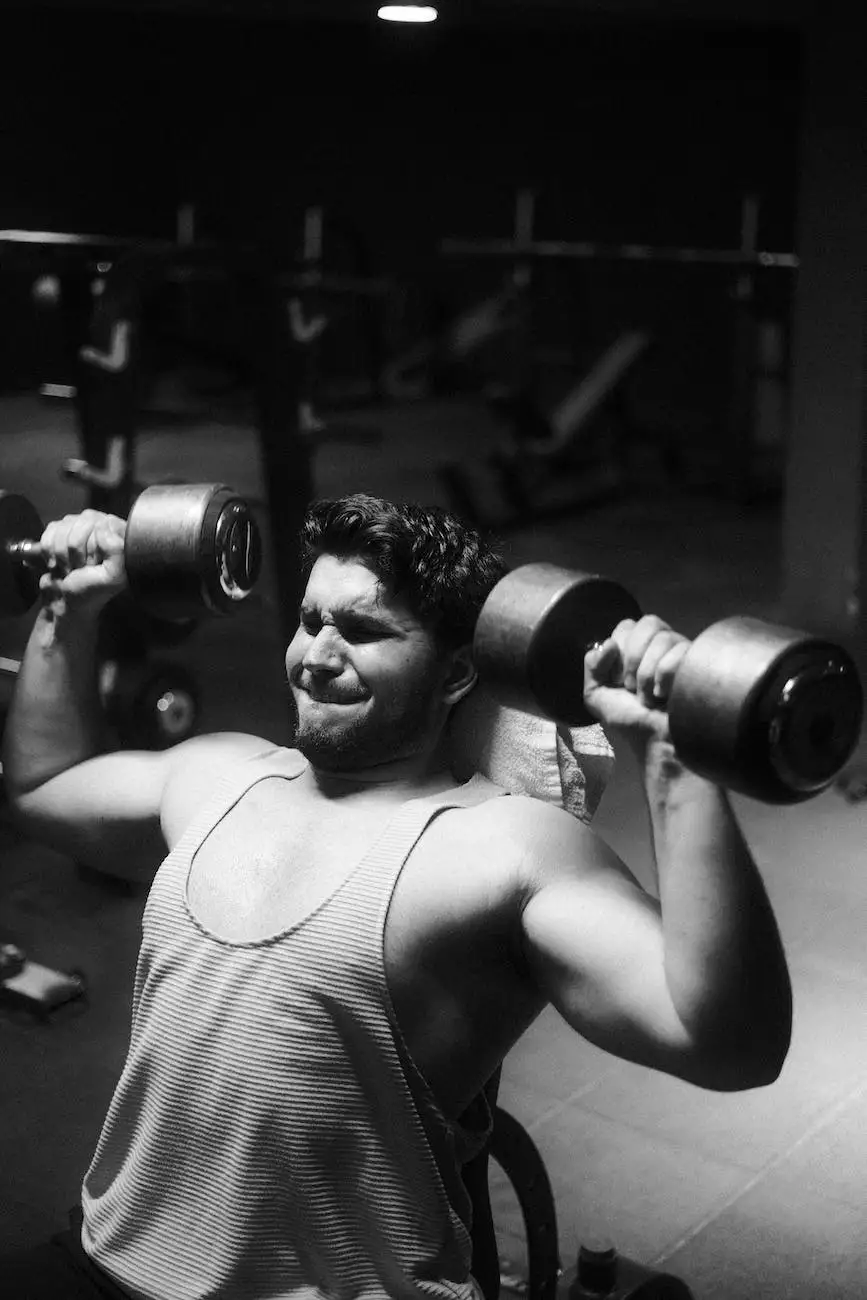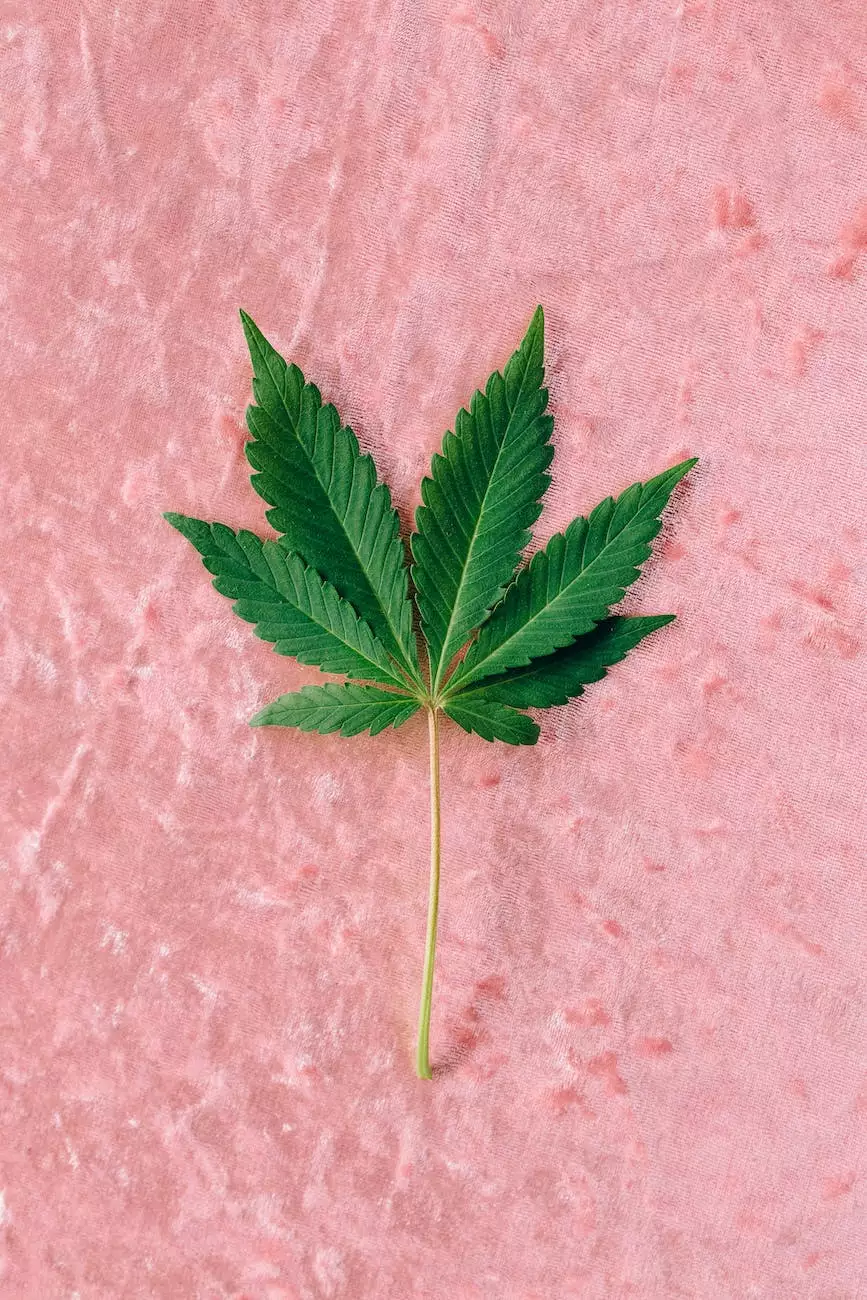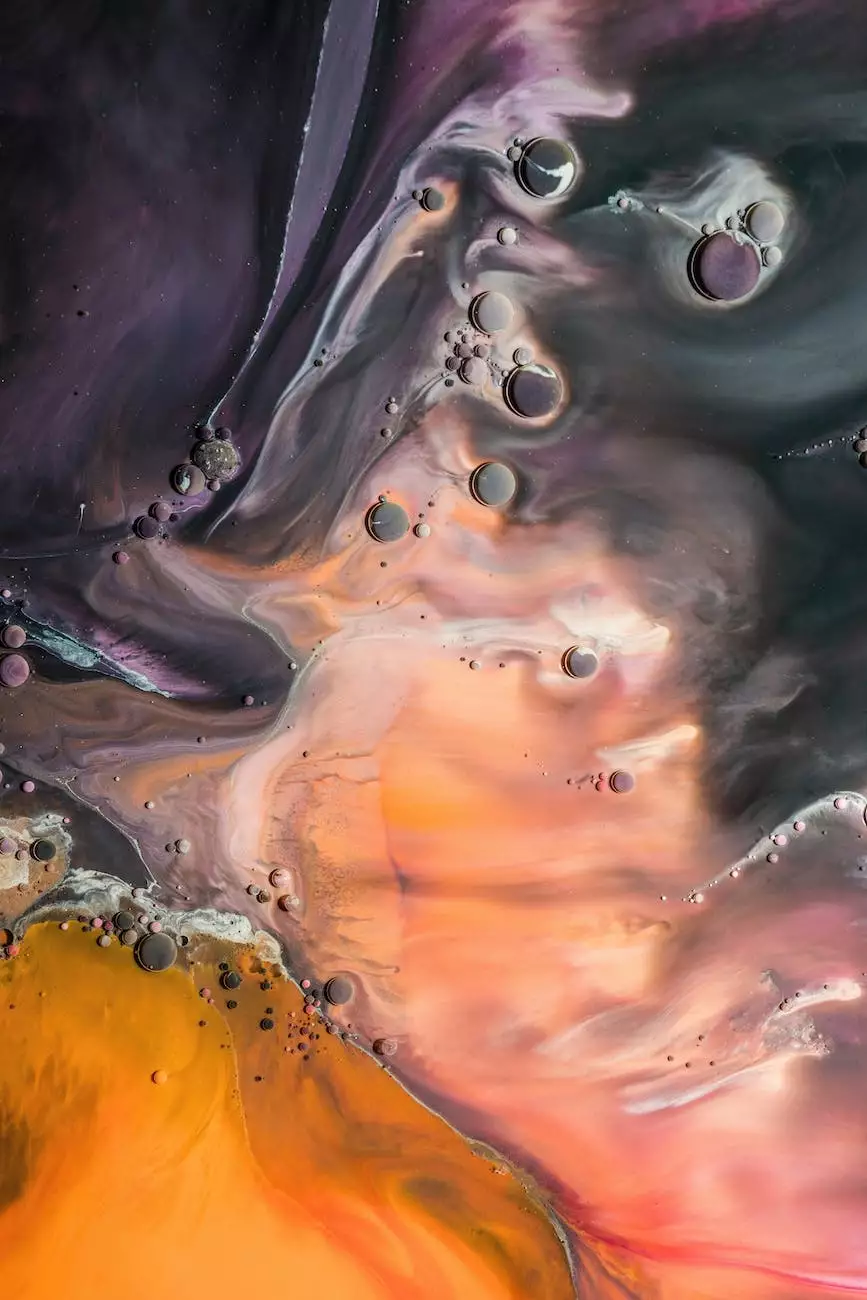The Caffeine Battle: Coffee vs Tea

Introduction
When it comes to selecting a delightful beverage to jumpstart your day, coffee and tea have long been the top contenders. Both have their unique sets of flavors, aromas, and health benefits, but one key factor that often comes into consideration is their caffeine content. In this article, we aim to delve deep into the world of coffee and tea to help you make an informed choice.
Understanding Caffeine
Caffeine is a natural stimulant found in certain plants and acts on the central nervous system, giving you that much-needed energy boost. It is the world's most consumed psychoactive substance and can be found in varying levels in coffee and tea.
The Caffeine Content in Coffee
When it comes to a quick pick-me-up, coffee often takes center stage. The caffeine content in coffee can vary based on factors such as coffee bean type, roasting process, brewing method, and serving size. On average, an 8-ounce cup of brewed coffee contains around 95 mg to 165 mg of caffeine, making it an ideal choice for those looking for a strong jolt to kickstart their day.
The Caffeine Content in Tea
For tea lovers seeking a more mellow and soothing experience, tea is the way to go. The caffeine content in tea varies depending on several factors, including the type of tea and brewing time. On average, an 8-ounce cup of brewed black tea contains around 25 mg to 48 mg of caffeine, while green tea generally contains 20 mg to 45 mg of caffeine. Herbal teas, on the other hand, are typically caffeine-free.
Factors Affecting Caffeine Levels
It's essential to note that several key factors can influence the caffeine content in both coffee and tea. These factors include:
- Type of Coffee Bean or Tea Leaf: Different coffee bean varieties and tea leaves naturally contain varying amounts of caffeine.
- Roasting and Brewing Process: The roasting method and brewing technique can affect the extraction of caffeine.
- Brewing Time and Temperature: The longer the brewing time and higher the water temperature, the greater the amount of caffeine extracted.
- Serving Size: Larger servings will naturally contain more caffeine.
Health Considerations
Caffeine affects individuals differently based on factors such as their tolerance, metabolism, and overall health. Moderate caffeine consumption is generally considered safe for most adults.
However, it's essential to note that excessive caffeine intake can lead to side effects such as increased heart rate, restlessness, anxiety, and disrupted sleep patterns. It’s wise to listen to your body and consume caffeine in moderation.
The Verdict: Coffee or Tea?
The choice between coffee and tea ultimately comes down to personal preference. If you're looking for that strong energy boost in the morning or throughout the day, coffee may be the best choice for you. On the other hand, if you prefer a more subtle and relaxing experience, tea could be your ideal companion.
At Tea & Coffee, we celebrate the unique characteristics of both coffee and tea. Visit our website and explore our wide range of premium coffee and tea options, allowing you to savor the perfect cup that aligns with your preferences.
Conclusion
Understanding the differences in caffeine levels between coffee and tea is important for making an informed choice. Remember, the caffeine content can vary based on various factors such as the type of bean or leaf, brewing process, and serving size. Assess your needs and preferences to enjoy your favorite beverage without compromising your well-being.
Tea & Coffee offers a world of possibilities to cater to every palate. Whether you're an ardent coffee lover or a devoted tea connoisseur, we've got you covered with an extensive selection of top-quality products. Embrace the charm of tea or revel in the robust flavors of coffee – the choice is yours!
coffee vs tea caffeine levels









